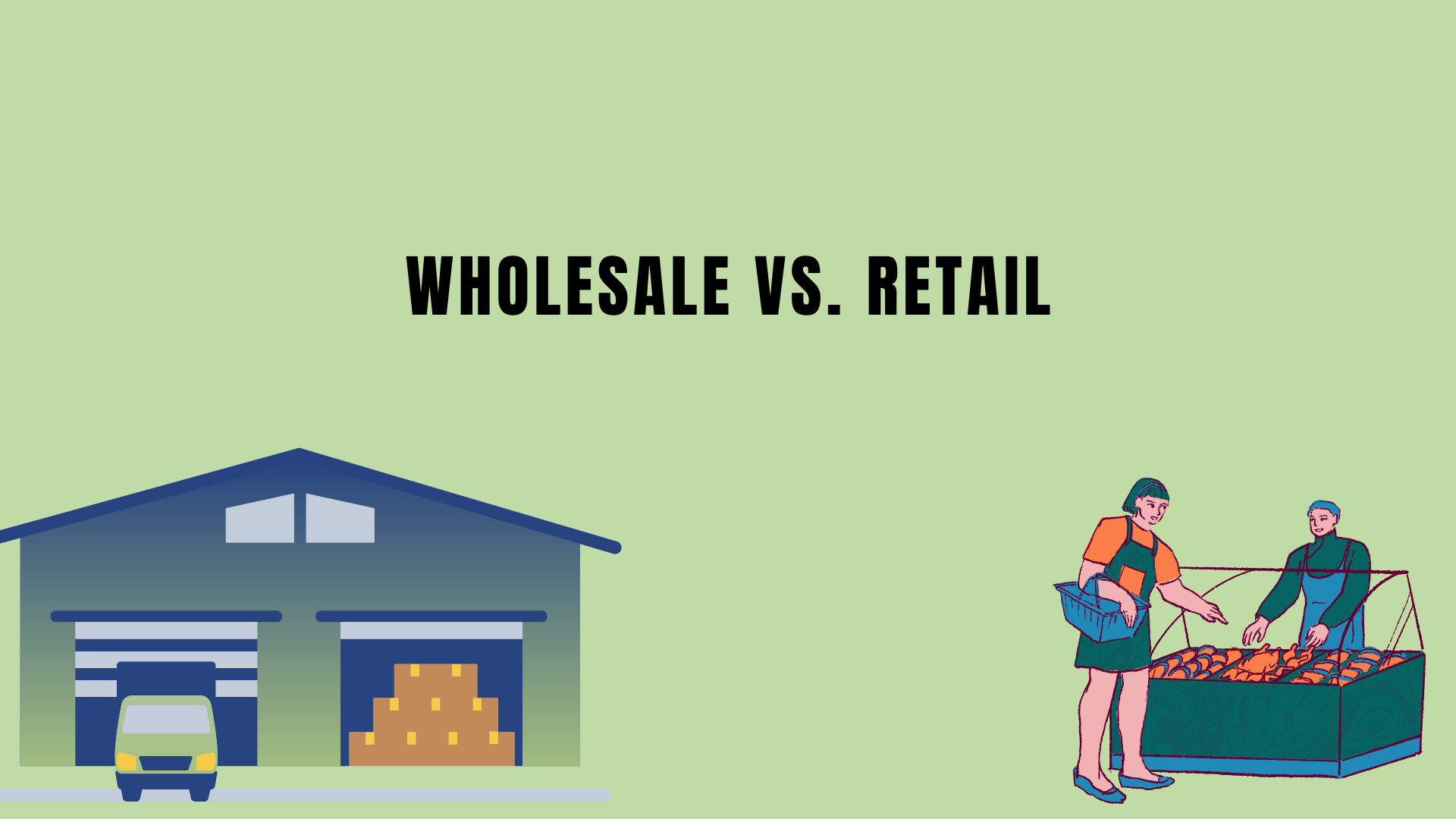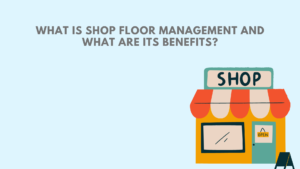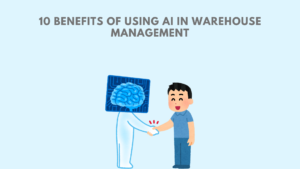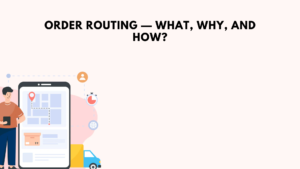In the dynamic world of commerce, two primary avenues dominate the landscape: wholesale and retail. While they both serve as crucial components of the supply chain, they operate in distinct ways and cater to different market segments. Understanding the disparity between wholesale and retail is essential for businesses and consumers alike. In this blog, we delve into the fundamental disparities, advantages, and considerations associated with wholesale and retail operations.
Defining Wholesale and Retail
Wholesale: In simple terms, wholesale involves selling goods in bulk to retailers, businesses, or other institutions rather than to individual consumers. Wholesalers typically operate on large-scale transactions, supplying products to retailers who then sell them to end consumers. These transactions often involve negotiating prices based on volume and building long-term relationships with buyers.
Retail: Retail, on the other hand, is the process of selling goods and services directly to consumers. Retailers purchase products from wholesalers or manufacturers and sell them in smaller quantities at a higher price, often in physical stores, online platforms, or a combination of both. Retailers play a crucial role in curating products, managing inventory, and providing a convenient shopping experience for consumers.
Key Differences
- Customer Base: Wholesale transactions primarily involve business-to-business (B2B) relationships, whereas retail transactions are business-to-consumer (B2C). Wholesalers serve retailers, resellers, and other businesses, whereas retailers cater directly to individual consumers.
- Volume and Pricing: Wholesale transactions typically involve larger quantities of goods at lower unit prices, as wholesalers offer discounts based on volume. Retail transactions, on the other hand, involve smaller quantities sold at higher prices to cover operational costs and generate profits.
- Packaging and Marketing: Wholesalers focus less on packaging and branding compared to retailers. They often sell products in bulk packaging, leaving retailers responsible for packaging and marketing to appeal to end consumers.
- Distribution Channels: Wholesalers distribute products through channels that reach retailers, such as warehouses or distribution centers. Retailers, however, distribute products through various channels directly to consumers, including brick-and-mortar stores, online platforms, or third-party retailers.
Advantages of Wholesale and Retail
Advantages of Wholesale:
- Bulk Discounts: Wholesalers often offer significant discounts for purchasing goods in large quantities, enabling retailers to save on costs.
- Streamlined Supply Chain: By buying from wholesalers, retailers can streamline their supply chain, accessing a wide range of products from multiple suppliers through a single source.
- Specialization: Wholesalers may specialize in specific industries or product categories, providing expertise and tailored solutions to retailers’ needs.
Advantages of Retail:
- Direct Consumer Interaction: Retailers have direct access to consumers, allowing them to build brand loyalty, gather feedback, and adapt to changing consumer preferences.
- Branding and Marketing Control: Retailers have control over how products are presented and marketed to consumers, influencing purchasing decisions through branding, promotions, and customer experiences.
- Flexibility: Retailers can adapt their product offerings, pricing strategies, and store layouts to cater to local market demands and consumer preferences.
Considerations for Businesses
- Target Market: Businesses should consider their target market and distribution strategy when deciding between wholesale and retail. Wholesale is suitable for reaching businesses and resellers, while retail is ideal for reaching individual consumers.
- Costs and Margins: Businesses need to analyze the cost implications and profit margins associated with wholesale and retail operations. While wholesale transactions may offer lower profit margins per unit, retail transactions can generate higher profits but may involve higher operational costs.
- Marketing and Branding: Businesses should assess their marketing and branding objectives to determine whether wholesale or retail aligns better with their goals. Retail provides greater control over branding and customer experience, while wholesale may require a focus on building relationships and providing value to business customers.
In conclusion, while wholesale and retail represent distinct approaches to selling goods, both play integral roles in the supply chain and contribute to the overall economy. Understanding the differences and advantages of each approach is crucial for businesses seeking to optimize their distribution strategies and meet the diverse needs of consumers and businesses alike. Whether operating as a wholesaler or retailer, businesses can leverage their unique strengths to drive growth, build relationships, and create value in the marketplace.









